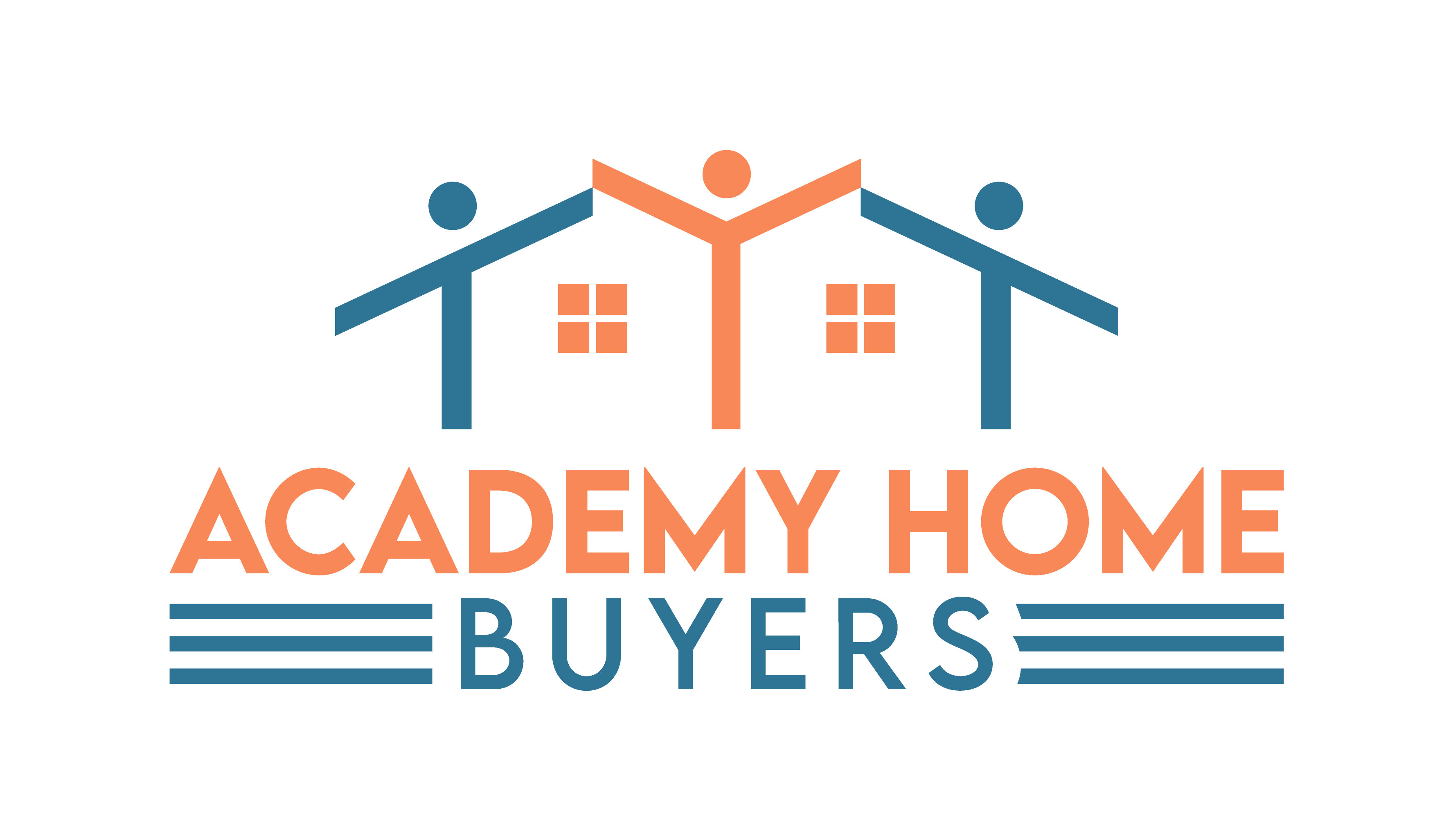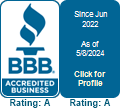If you are planning to sell your home, you probably want to know who pays for what in a real estate transaction. After all, the sales price of your home doesn’t really matter as much as the amount of money you actually net after the sale does. As a general rule, the buyer and seller should each expect to pay about 2.5% of the sales price in closing costs- NOT COUNTING AGENT COMMISSIONS.
The Most Common Costs and Who Pays Them
Real Estate Agent Commissions
There are no set or standard commissions for real estate agents, and are entirely negotiable. In most cases, the seller pays the commissions, which are divided among all the agents involved in the sale.
Escrow Fees
Escrow fees are simply pre-payments of bills that will be due in the future, and therefore are usually only paid by the buyers. For example, money to pay future property tax and property insurance can be placed in escrow at closing by the buyers.
Sellers can sometimes leave money in escrow as well, to handle certain open items such as permits or liens, or if they agree to a lease-back period after the sale.
Home Inspections
Home inspections are not really a closing cost, but they are an expense that buyers have to consider. Home inspections are part of a buyer’s due diligence and are not normally a financial concern of sellers.
Appraisals
Appraisals are usually part of the lender’s due diligence, paid for by the buyer.
Surveys
Surveys are often requested by mortgage lenders, but are also regularly requested by cash buyers as well. A survey ensures that the plot of land being purchased is recorded properly with the county. It is not uncommon for fences, buildings, and pools to have been erroneously built across property lines.
Title Insurance
Title Insurance comes in two basic forms: Owner’s and Lender’s title insurance. Title insurance protects the owner, and mortgage lender, against possible defects in property ownership that could remain hidden even after a thorough public records search. The buyer usually pays for both of these policies.
Transfer Taxes
Transfer taxes, also known as Deed Tax, or Deed Stamp Tax, are paid by the seller of a property. In Virginia, sellers pay the transfer tax and the WMATA tax, which combined is about .25% of the sales price.
Title Closer / Attorney Fees
These fees are mostly the administrative functions of transferring ownership from one party to the other and include such things as, notary, courier, and document prep. For a seller in Virginia, these fees tend to be about $1,000.
Property Taxes
Property taxes in most parts of Virginia are paid in arrears. This means that you pay your property taxes AFTER the period you have owned the property. For example, property taxes due on July 1st, are paying for the period of January 1 through June 30th. If you were to sell your home in April, you would be responsible for paying property taxes from January 1 through April, at closing time.


